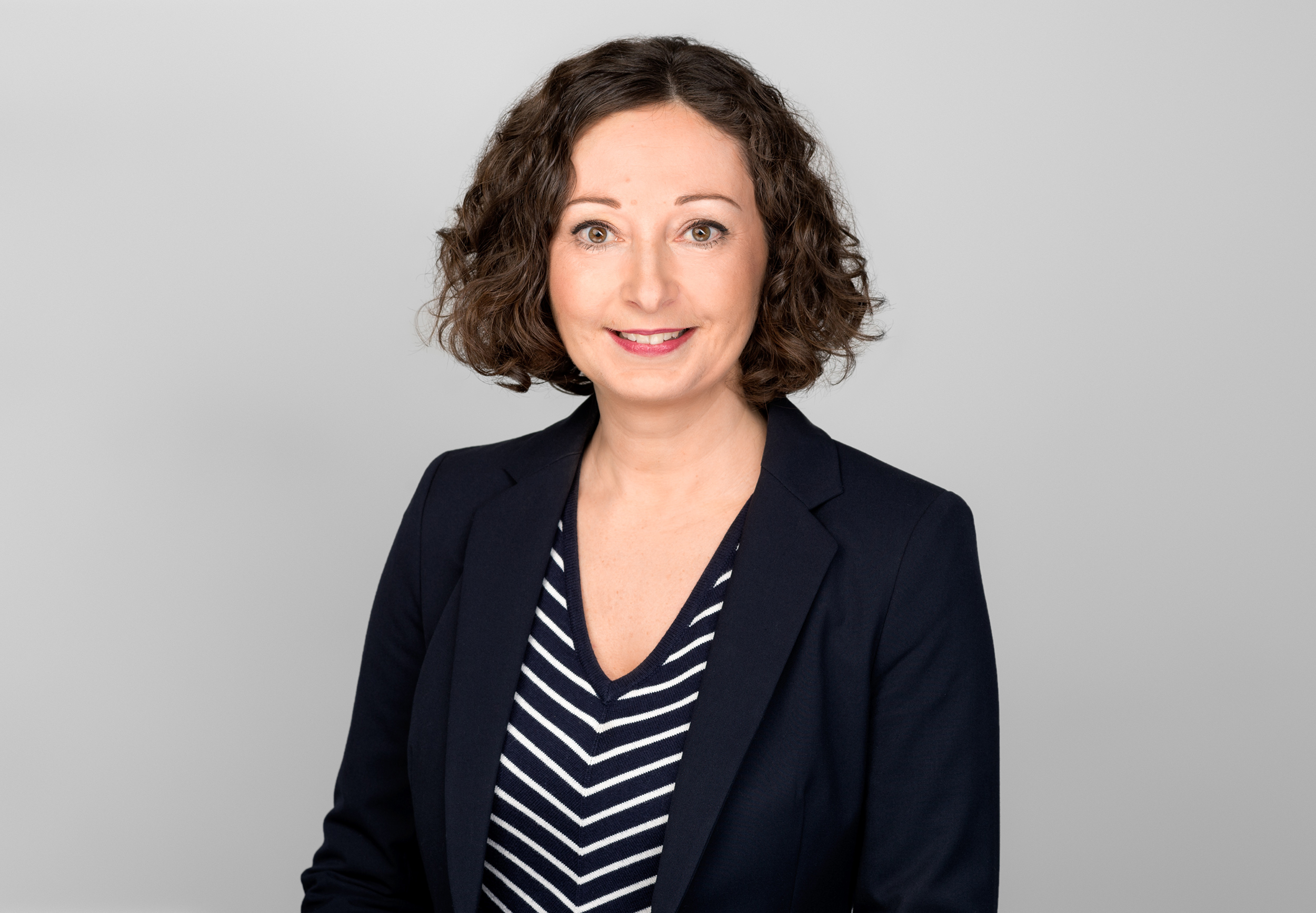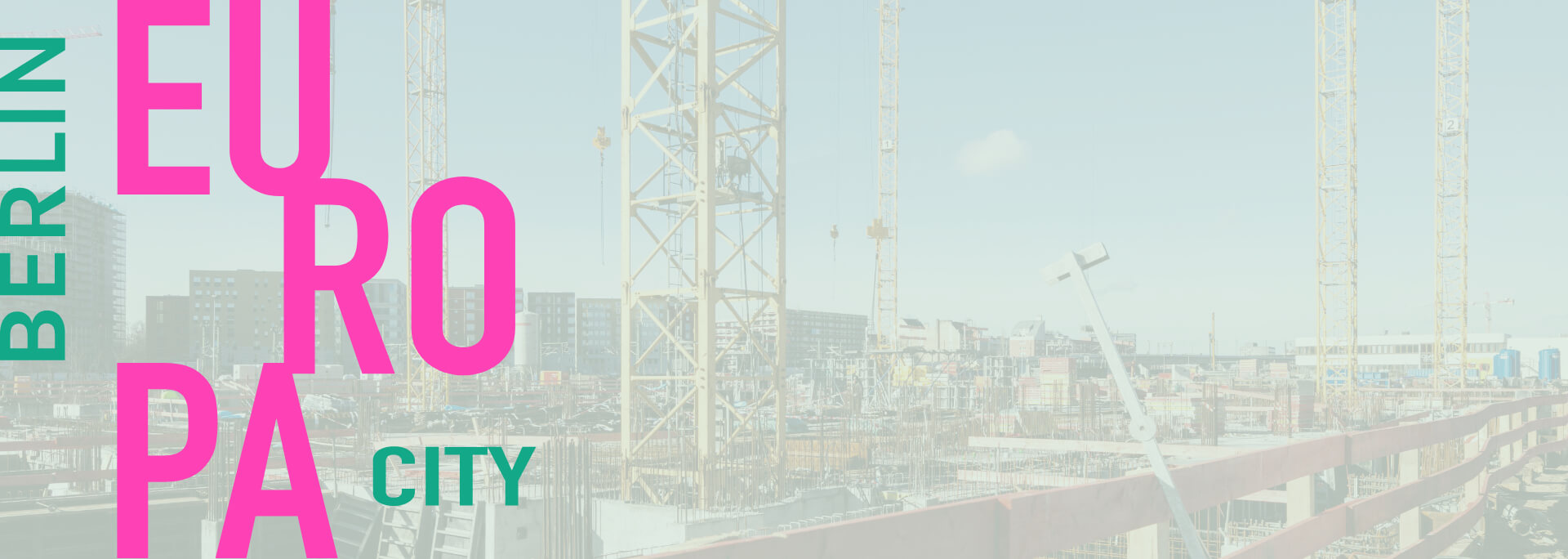Interview with Ramona Pop – Creative climate for people and business

Ramona Pop studied political science in Berlin. From 2006 to 2016 she was group Chair of the ALLIANCE 90/THE GREENS party in the House of Representatives of Berlin. Since December 2016 she has been Mayor of Berlin and Senator for Economics, Energy and Public Enterprises.
Among other things, Europacity will also be a modern business centre with international appeal. In your opinion, what special qualities should this place have?
Europacity is the largest inner city development in Berlin – many times the size of Potsdamer Platz – and is of immense importance for the growing city with its increasing demand for office, commercial and residential space. Europacity is a place for working and living, shopping, art, culture, leisure and tourism, in other words, a mixed urban quarter characterised by short distances and good accessibility. Sustainability will also play a significant role in the new quarter. That is very important to me and a reason why we are also using infrastructure funds to promote the waterfront promenade along the Berlin-Spandau shipping canal, which not only connects to the KunstCampus in the south and the future Nordhafenpark in the north but which will eventually form the all-important green backbone of Europacity.
How critical is the success of the quarter dependent on its immediate proximity to the government district and large research institutes?
A metropolis like Berlin has always been an important social hub for decision-makers and a platform for innovation. The proximity to the government district, as well as the Humboldt and Free University and numerous science and research institutions, will help shape the commercial structure of Europacity. New ideas always emerge where interesting people are close to each other, where they can exchange thoughts and mutually enrich one another with their ideas. We can already see this in many places in Berlin today, and I am sure that such a creative climate will also develop in Europacity.
As Senator for Economic Affairs, what opportunities do you foresee in promoting the location further?
As Senator for Economic Affairs, I work every day to promote Berlin as a business location. We offer ideal conditions for business, like comparatively low living costs, proximity to European markets and a unique ecosystem for start-ups. We stimulate innovation and bring science and business together. And the dynamism of the city continues unabated. More than half of the VC investments in start-ups nationwide are in the German capital. With around 40,000 start-ups founded per year, we are a start-up metropolis. Young, creative people want to come to Berlin because here they are free to run with their innovative business ideas and also enjoy the freedom and openness the city has to offer. This unique, creative flair will also be reflected in Europacity.
If you imagine the city in 20 years, what role will Europacity have played in Berlin?
Europacity closes another gap in a city divided for many decades. Berlin is growing, and it is our task to shape this growth in such a way that it benefits everyone – not only the people who live here but the companies that operate here as well. What will be created here is unique due to its complexity and because it looks the future. In 20 years, Europacity will be just as indispensable to the city as Potsdamer Platz is today.
